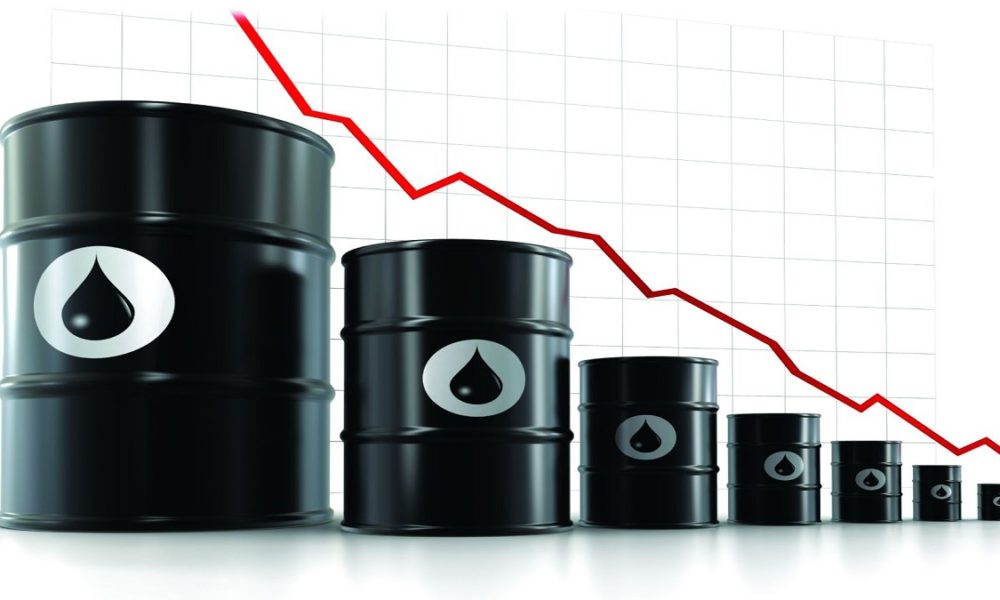India’s fiscal math is significantly impacted by crude economics. A country that imports over 83% of its overall oil needs, is affected by how crude trades in the global market. But India’s gain from the crude crash of 2020 is likely to be very limited. India’s oil needs are served not by US Crude (WTI Index) which witnessed a never-seen-before low of $37 per barrel. Indian oil companies, mainly public sector ones, purchase from the Middle East—mainly from the Dubai and Oman axis and these are based on the Brent crude benchmark prices. Brent—which is the international benchmark— has also witnessed a sharp dip this year on the back of lockdowns and zero economic activity globally.
In three weeks of April, Brent is a whopping 39% cheaper. But sensing this gloomy economic outlook, oil-producing countries that form the OPEC plus cartel have already announced nearly 10 per cent cut in production to lift the dipping crude oil prices. As lockdowns lift in May and demand is expected to pick up, a reduced supply will ensure an upward surge in prices. Experts predict a gradual recovery by May and a full recovery in oil by July. The gains from lower crude oil price get offset to a large extent by the present lockdown and the overall economic scenario. In the past, the government has sought to maximise windfall gains from falling crude by imposing additional taxes.
In March, the government imposed a Rs 3/litre as excise duty and can now raise it till Rs 8 per litre by recent changes in the law. But since tax collections are likely to be hit, even a further fall in crude and a further rise in taxes may not have the desired impact. In fact, it may be counter-productive reducing demand. In normal circumstances, a falling crude leads to a rapid improvement in India’s fiscal math due to lower import bill. A $10 per barrel fall in crude leads to a $15 billion improvement in current account deficit—the difference between revenue and expenditure. Besides, lower oil prices will soothe inflation as well. But in the present extraordinary circumstances, the severe mobility restrictions due to the lockdown has resulted in a sharp fall in consumption of petroleum products.
Worse still, savings from lower fuel costs in the hands of consumers is unlikely to result in any major boost to consumption and therefore growth. Due to the limited storage capacity, India is not in a position to take advantage of these prices for future use. Strategic storage to leverage falling prices is completely ruled out since our reserve capacities are not more than 5.3 million tonnes which is our oil requirement for less than 10 days. This is minuscule compared to India’s overall consumption of oil which is over 200 million tonnes plus purchases. India had targeted over 15 million tonnes of strategic oil reserves, but it’s yet to be operational. The recent depreciation of rupee adds to uncertainty as it results in a higher import bill and offsets some of the gains of lower crude. This year the rupee has depreciated by 7% and experts suggest it my fall by another 4% before stabilising.







